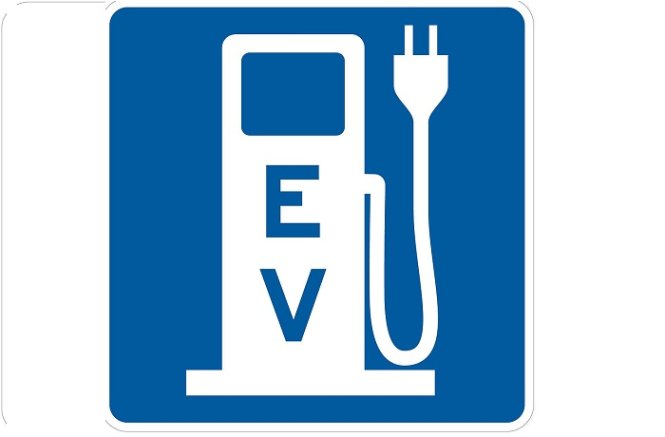Infrastructure forms the backbone of modern societies, enabling the smooth functioning of various sectors. From transportation to communication, infrastructure plays a pivotal role in shaping our daily lives. This article delves into different types of infrastructure, including the emerging landscape of EV charging infrastructure, highlighting their importance and impact.

Transportation Infrastructure
Transportation infrastructure encompasses roads, highways, bridges, tunnels, railways, and airports, facilitating the movement of people and goods. Well-designed and well-maintained transportation networks are crucial for efficient and safe travel, supporting economic development and connectivity between regions.
Energy Infrastructure
Energy infrastructure includes power plants, electrical grids, and transmission lines, ensuring the reliable supply of electricity to homes, businesses, and industries. As the world shifts towards renewable energy sources, the integration of sustainable energy infrastructure, such as wind farms and solar power installations, is becoming increasingly important for a greener and more resilient energy system.
Communication Infrastructure
Communication infrastructure comprises networks, such as fiber optic cables, satellites, and cellular towers, that enable the seamless flow of information and connectivity. The expansion of high-speed internet access and reliable communication infrastructure is essential for fostering digital connectivity, enabling e-commerce, telemedicine, and remote work.
Water and Sanitation Infrastructure
Water and sanitation infrastructure includes water supply networks, wastewater treatment plants, and sewage systems. These systems ensure access to clean water for households, businesses, and agriculture, while also managing and treating wastewater, promoting public health, and preserving environmental sustainability.
EV Charging Infrastructure
The rise of electric vehicles has brought the need for EV charging infrastructure to the forefront. EV charging infrastructure comprises charging stations, networks, and associated technologies. Charging stations can be found in public spaces, commercial areas, and homes, providing EV owners with the means to recharge their vehicles conveniently. Charging networks facilitate seamless access to charging stations, allowing drivers to locate and pay for charging services. The development of robust EV charging infrastructure is crucial to support the growing number of electric vehicles, alleviate range anxiety, and promote the wider adoption of sustainable transportation.
Infrastructure forms the foundation of modern societies, enabling essential services and driving economic growth. Transportation infrastructure connects people and goods, energy infrastructure powers our daily lives, communication infrastructure fosters connectivity, and water and sanitation infrastructure ensures public health and environmental sustainability. The emergence of EV charging infrastructure is a testament to the evolving needs of a sustainable transportation system. As societies continue to evolve, investment in diverse infrastructure becomes essential to meet the challenges of an interconnected world and build a sustainable future for generations to come.
